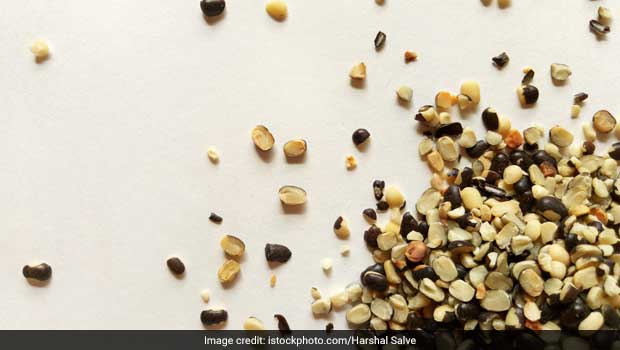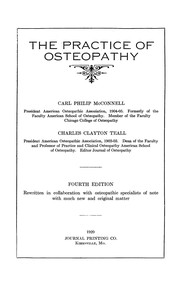Struggling To Digest Dal? Try These Expert Tips To Make It Gut-Friendly
Dal is packed with protein and fibre, but it can sometimes mess with your stomach. These easy tips will help you enjoy all its goodness without worrying about digestive discomfort.

Let's be real - dal is the ultimate comfort food in every Indian kitchen. Whether it's the creamy richness of dal makhani or a simple, soothing bowl of dal tadka, it's an everyday go-to that's full of proteins and nutrients. But for some people, eating dal isn't always a smooth experience. Bloating and digestive discomfort can make them second-guess this nutritious staple. The good news? You don't have to give up dal. A few simple tweaks can make it easier on your stomach. First, let's break down why it causes issues.
Also Read: Moong Dal Pakodi Curry - A Flavourful And Unique Twist To Your Regular Dal Recipe

Why Dal Might Leave You Feeling Bloated
Feeling gassy after dal? You're not alone. Nutritionist Rashi Chowdhary explains that lectins in dals can trigger gas for people with sensitive guts. Even though dals are fibre-rich, some types - like urad dal, chana dal, matra dal, rongi dal, and arhar dal - can feel heavier to digest compared to others.
Here Are 5 Expert Tips To Make Dal Easy On Your Stomach:
According to Ayurvedic doctor Varalakshmi Yanamandra, here are five game-changing ways to make dals easier to digest:
1. Soak It Like You Mean It
Want to save your gut? Don't skip soaking dal. Soak it for at least 4 to 6 hours to break down its tough exterior, making it easier to digest. Soaking not only keeps the nutrients intact but also reduces gas and bloating. Whether it's moong, masoor, or any other dal - this step is non-negotiable.
2. Tomatoes And Lemon Can Wait
Yes, tomatoes and lemon make your dal flavorful, but here's the catch: their acidity can toughen the dal's skin during cooking, making it harder to digest. The expert suggests boiling tomatoes first, removing the seeds, and only adding them later. As for lemon? Wait till your dal is fully cooked and soft.
3. Salt Goes In Last
You know what ruins perfectly soft dal? Adding salt too early. According to the expert, salt can harden the dal's outer layer and lead to uneven cooking. Add it at the end for best results. Pro tip: If you're cooking beans, a secret ingredient like kelp (edible seaweed) can soften them faster. Who knew?
4. Spices + Fat = A Digestion Win
Spices aren't just there to level up the flavour. Hing, bay leaves, and ajwain (carom seeds) help break down complex carbs in pulses, reducing gas and making digestion smoother. A fat base like ghee or sesame oil does more than add flavour - it helps your body absorb nutrients better.
5. Skim That Froth
Ever noticed froth on top while cooking dal or beans? Don't ignore it. The froth has compounds that can cause gas or indigestion. Skim it off as soon as you see it. Your stomach will thank you.

5 More Ways To Get The Best Out Of Dal
If you thought cooking dal was the only hack, think again. Nutritionist Kavita Devgan shares more tips:
1. Choose Unpolished Dals
Skip the shiny stuff. Unpolished dals are packed with natural nutrients, unlike artificially polished ones.
2. Go For Quality
Stick to trusted brands for dals that are high in protein, low in fat, and packed with essential nutrients.
3. Mix Things Up
Don't be loyal to just one kind of dal. Different types = different nutrients. Keep it interesting!
4. Get Creative With It
Think beyond dal-chawal. Try lentil-based salads, snacks, or even flatbreads. Dal is super versatile.
5. Make It A Daily Habit
For a protein-packed diet, make dal a regular on your plate at least once a day. Your health will thank you.
Also Read: Shevga Dal Masala: This Maharashtrian Dal Recipe Is All You Need For A Quick Dinner Fix
Follow these tips to enjoy all the benefits of dal without the digestive drama. It's simple, tasty, and gut-friendly - what's not to love?
Disclaimer: This content including advice provides generic information only. It is in no way a substitute for qualified medical opinion. Always consult a specialist or your doctor for more information. NDTV does not claim responsibility for this information.












)



























































